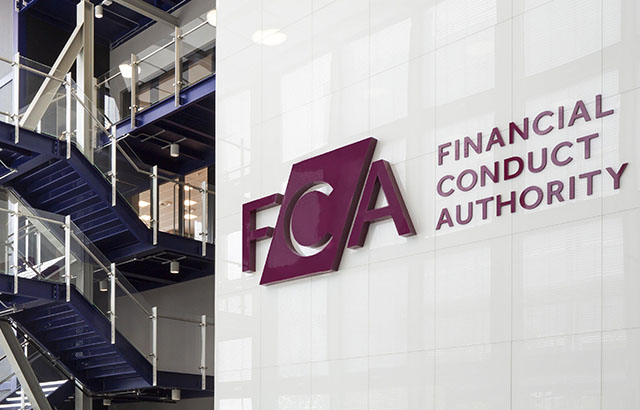Financial Conduct Authority (FCA) chief executive Nikhil Rathi has explained why the regulator was forced to introduce the Consumer Duty and what this will mean for the UK financial services sector going forward.
In his speech at the UK Finance annual dinner on 16 November 2022, he acknowledged that the piece of regulation has been the cause of many concerns among firms and professionals, especially considering the short timeframe required for its implementation.
Rathi said the Consumer Duty was mandated by parliament due to “failing public confidence in retail financial services”.
“The Duty puts the onus on firms to act to deliver good outcomes for consumers: To act in good faith, avoid causing foreseeable harm and support customers to pursue their financial objectives. We know that the Consumer Duty does not guarantee a good outcome: It leads firms to consider what that looks like and to take decisions in good faith.
“Firms must also give customers information that they can understand, point customers to products, services and post-sales support that meet their needs and offer fair value. These principles are not controversial,” he added.
The FCA chief said that firms seem to be “on track” to be fully compliant by the extended deadline of July 2023 and the regulator sees no need for deadlines to be moved again.
But it will remain “pragmatic” in its oversight and implementation, Rathi said.
Targets
So, how will the impact of Consumer Duty be measured?
Rathi said there are some targets the FCA will use for this – reducing the number of complaints to the Financial Ombudsman Service (FOS), and reduce the Financial Services Compensation Scheme (FSCS) levy.
He continued: “Ultimately, meeting these targets and embedding the Consumer Duty are in firms’ interests too. And after some heavy lifting upfront, it should also mean fewer reactive rules created by us in the coming years.
“We will monitor how the Duty is working and look forward to hearing from you about changes we can make to further simplify our rule book. Fundamentally it sets us up to regulate for the future, and this has never been so important.”
Future
Rathi said that getting the Consumer Duty right would also mean shaping the framework for the use of artificial intelligence (AI) and other cutting-edge technologies in the industry.
But he added that the regulation can also help with the entry of big tech firms into the UK retail market, especially considering that Apple and Google have already been huge players in the online payment sector and Amazon has recently unveiled plans to foray into the UK insurance industry.
“We believe the Consumer Duty alongside the Senior Managers’ and Certification Regime will give us the framework to respond quickly to innovations so that new products can be trialled, with informed consent and consumer interests front and centre,” he said.
“The Consumer Duty will also allow us to move more quickly to facilitate new developments, including AI, across sectors. It will help us manage the entry of big tech firms into the UK retail financial services industry, ensuring a level playing field.”
CII
In other news, the Chartered Insurance Institute (CII) has released a best practice guide to the Consumer Duty for insurance companies to emphasise the fact that the regulation will impact an array of businesses across different corners of the financial services industry.
Matthew Connell, director of policy and public affairs at the CII, said: “One thing that makes insurers nervous about outcomes-based regulation is the thought that it could be interpreted differently over time.
“What is normal and acceptable now might look very different in 10 or 15 years’ time: We only have to remember that cars used to be built with no rear seat belts and passengers were allowed to smoke on the Underground to see how much standards can change in the course of a career.
“As people who understand financial services better than anyone else, we should be aware of situations where people frequently misunderstand products or underestimate risks, and work hard to help them avoid harm, through better communications, better products or more response service.
“Firms’ senior managers should be curious about the outcomes that consumers are experiencing, and be able to show that they have thought about any problems and are genuinely looking for solutions. Our good practice guide outlines the significant practical benefits to be gained by firms who explore their customers’ needs from different perspectives.”








